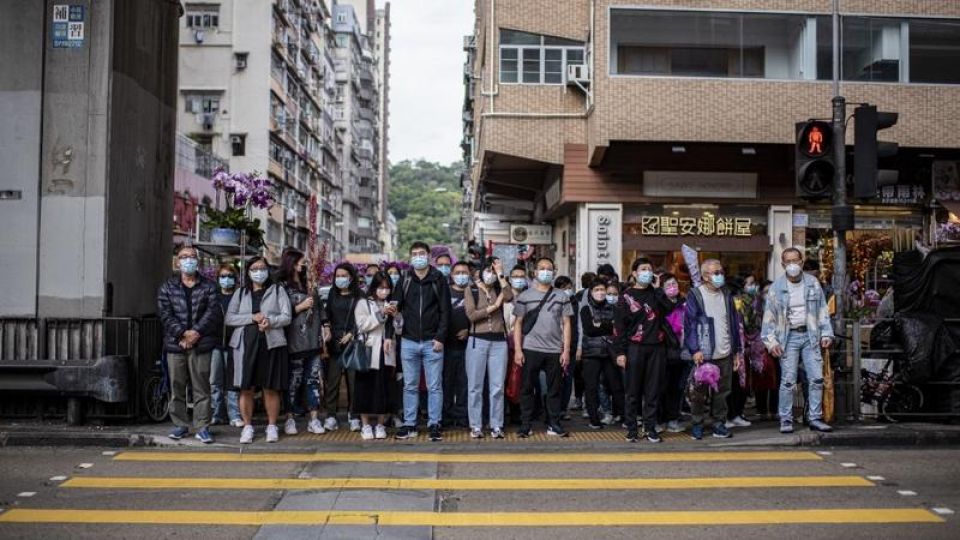September 20, 2022
HONG KONG – The Hong Kong Special Administrative Region government should roll out more preferential policies and incentives to lure and retain talents from overseas and the Chinese mainland, accounting and consulting firm PwC said on Monday while proposing suggestions for the 2022 Policy Address which will be released next month.
The firm noted that the rising tide of uncertainties in the global economy, coupled with internal constraints such as a land shortage and brain drain, have sapped Hong Kong’s economic growth, and the HKSAR government should map out strategies to attract investors, businesses, and talent to the city and strengthen its competitiveness as an international financial center.
The SAR govt should work with mainland cities to develop aligned standards for professional industries in the GBA
Rebecca Wong, PwC China tax and business advisory partner
“Hong Kong should take the lead in integrating talent policies within the Guangdong-Hong Kong-Macao Greater Bay Area to collectively attract a bigger talent pool from the international market, making the GBA truly an ‘international, market-oriented, highly-diversified and most open’ talent hub of the future,” said Rebecca Wong, PwC China tax and business advisory partner.
Wong said the HKSAR government should work with mainland cities to develop aligned standards for professional industries in the GBA and encourage mutual recognition of qualifications.
She added that higher education integration can also help enhance collaboration within the Greater Bay Area to build a diverse talent pool, suggesting education institutions and universities refer to the industry needs of both Hong Kong and the mainland while formulating their educational curricula to familiarize students with the business environment in the GBA.
“On the other hand, by establishing training programs and providing training grants in new and emerging sectors that are vital for the growth of Hong Kong – such as information technology, AI, big data biotech, ESG and industrialization 4.0, Hong Kong can satisfy the demands of employees by upskilling them and the demands of employers by creating a talented workforce,” Wong said.
“With this, employees will not only have the opportunity to upskill but also secure a growth path within their company and local job market, encouraging them to remain in Hong Kong. An internationally competitive and holistic package to attract talent is also needed.”
PwC also said that the government could consider refining the foreign tax credit system to meet the increasing demands from taxpayers to address double taxation issue and roll out more non-tax measures, such as government grants and subsidies to attract investments and talent.


